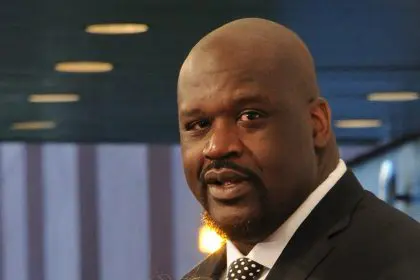Young adults are increasingly viewing marriage as an optional life choice rather than a necessary milestone, marking a significant departure from traditional social norms. This shift reflects broader changes in society, where personal fulfillment and financial stability take precedence over conventional relationship timelines. The transformation in marriage rates has captured the attention of sociologists, researchers, and policymakers, all seeking to understand the implications of this cultural evolution.
The evolution of commitment
The meaning of commitment has fundamentally changed for younger generations. Millennials and Gen Z approach relationships differently than their predecessors, often seeing formal marriage as just one of many ways to build a lasting partnership. This perspective has been shaped by observing high divorce rates in previous generations, leading to a more cautious approach to lifelong commitments.
Rather than following traditional paths to marriage, young adults are creating partnerships that align with their personal values and life goals. Many find fulfillment in long-term relationships without legal marriage, focusing instead on building strong emotional connections and shared experiences. The emphasis has shifted from societal expectations to personal satisfaction and compatibility.
Financial realities reshaping choices
The economic landscape has become a major factor in marriage decisions. Modern young adults face unprecedented financial challenges, from substantial student loan debt to rising housing costs in major cities. Despite working longer hours and holding advanced degrees, many find themselves struggling to achieve the financial stability their parents had at the same age.
The cost of weddings themselves has become a significant deterrent. With average ceremonies costing tens of thousands of dollars, many couples question the wisdom of spending such substantial sums on a single day. Instead, they direct their resources toward practical goals like home ownership, emergency savings, and career development. This pragmatic approach reflects a broader shift in priorities, where financial security takes precedence over traditional ceremonies.
Education and career as primary focus
Today’s young professionals are investing more time in educational and career development before considering marriage. This extended period of self-development has pushed the average marriage age higher than ever before. The competitive job market demands advanced degrees and specialized skills, leading many to postpone marriage until they feel established in their careers.
The focus on professional achievement has created a new timeline for personal milestones. Young adults often prioritize completing their education, securing stable employment, and advancing in their chosen fields before considering marriage. This shift represents a fundamental change in how people view the relationship between personal success and partnership.
The new standard of partnership
Cohabitation has emerged as a widely accepted alternative to marriage, offering couples the opportunity to build lives together without formal legal commitments. This arrangement allows partners to share expenses, develop emotional bonds, and test their compatibility while maintaining individual autonomy. The practical benefits of cohabitation, combined with declining social stigma, have made it an increasingly attractive option for young couples.
Modern partnerships often involve shared finances, joint decision-making, and long-term planning, mirroring many aspects of traditional marriage. However, the flexibility of these arrangements allows couples to define their own terms of commitment and navigate changes in their relationship more freely.
Mental health and personal development
Young adults are placing unprecedented emphasis on mental health and personal development before entering marriage. This generation has normalized therapy, self-reflection, and emotional growth as essential components of preparing for long-term commitment. The focus on individual well-being represents a significant departure from previous generations’ approach to relationship readiness.
Many young people believe that understanding oneself is crucial before making a lifelong commitment to another person. This introspective approach has led to more thoughtful and intentional partnerships, even if they don’t always result in traditional marriage.
Looking ahead
As marriage rates continue to evolve, society adapts to new forms of partnership and commitment. Legal frameworks are beginning to recognize and accommodate non-traditional relationships, while financial institutions are developing products suited to unmarried couples. Workplace policies are also shifting to acknowledge diverse family structures and relationship models.
The future of marriage remains dynamic, shaped by each generation’s values and priorities. While marriage continues to hold significance for many, its role has shifted from a universal expectation to one of many options for building meaningful relationships. This transformation reflects a broader cultural change in how society views commitment, success, and personal fulfillment.
The declining marriage rate among young adults isn’t simply a rejection of tradition – it’s a reflection of changing social values, economic realities, and personal priorities. As younger generations continue to redefine commitment and partnership, they’re creating new models for building meaningful relationships that align with contemporary life.
This story was created using AI technology.













